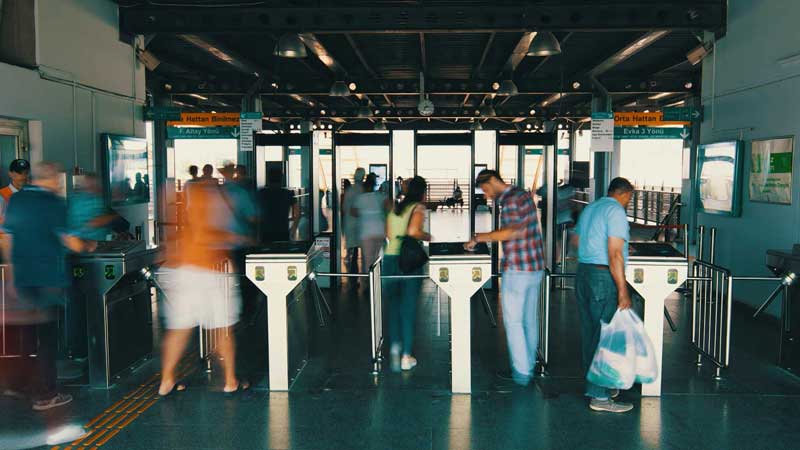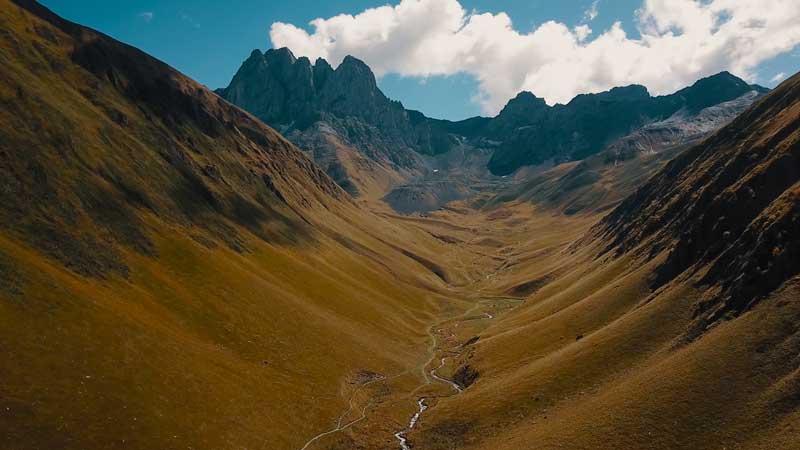Our stories
Through our financial investments, business services and involvement in policy reform, we promote entrepreneurship, inclusive, sustainable growth and green energy. The stories below show some of the EBRD’s achievements in 2018.
Visit ebrd.com to learn more about our work during the year.
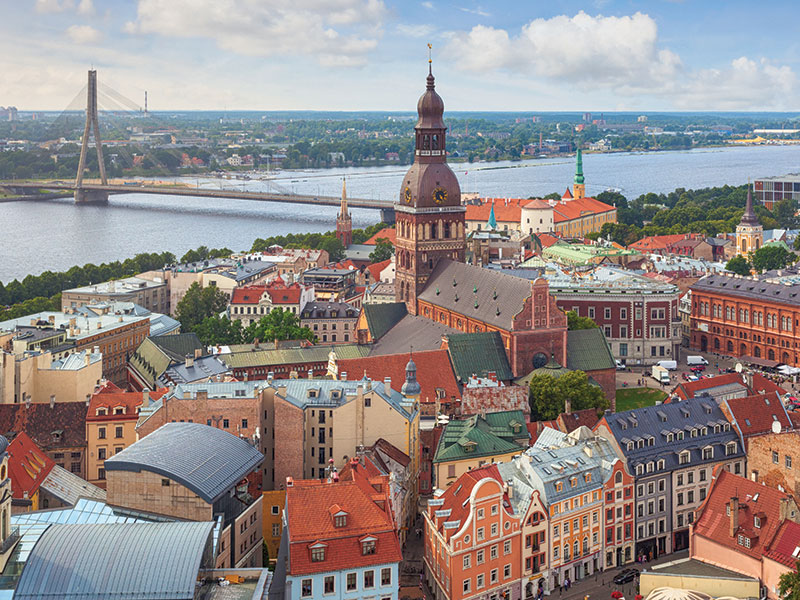
Private equity helps fill financing gap for Baltic infrastructure
A €20 million investment in the BaltCap Infrastructure Fund will support infrastructure projects in Estonia, Latvia and Lithuania, including those featuring climate change mitigation or resource efficiency components. The investment will help address the scarcity of equity funding for infrastructure in these countries while also championing green considerations in the private sector.
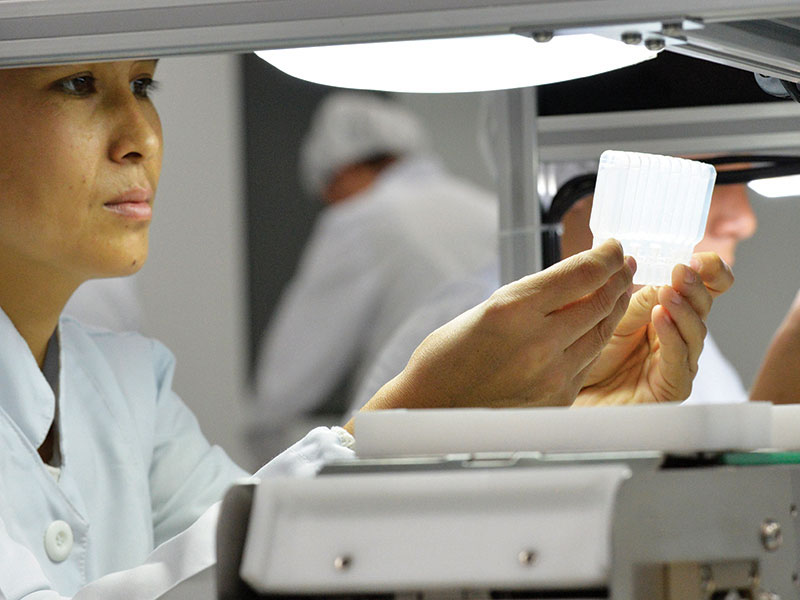
Bank launches first health bond
The EBRD raised PLN 317 million (€75 million equivalent) to help finance projects in the hospital and pharmaceutical sectors by issuing a health bond. Japanese firm Dai-ichi Life Insurance was the sole investor in the 10-year bond, which will support investments aimed at widening access to quality health services across the EBRD regions.
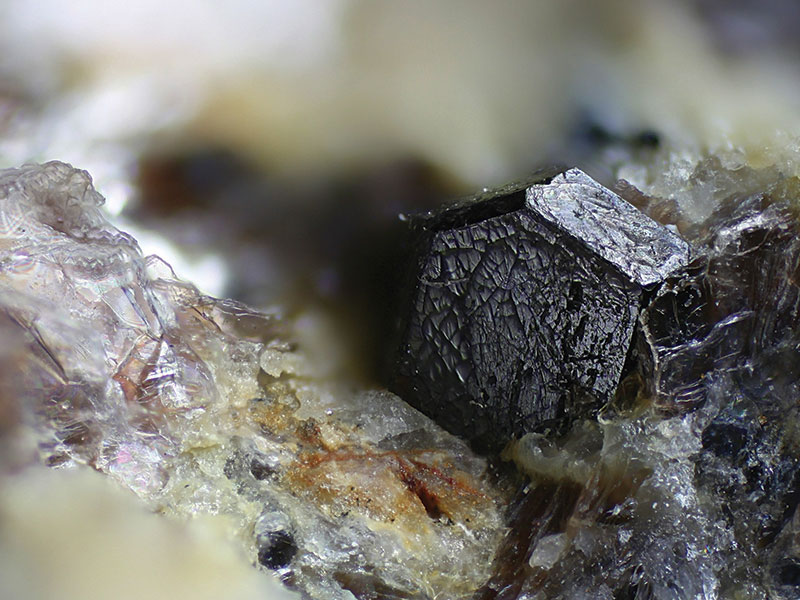
New funds to address uranium mining legacy
The international community pledged €17 million in additional funds to help finance work aimed at reducing the risk of radiation from disused uranium-mining sites in the Kyrgyz Republic, Tajikistan and Uzbekistan. The funding was pledged at an event hosted by the EBRD, which manages the Environmental Remediation Account for Central Asia. Work at four sites will start in 2019.
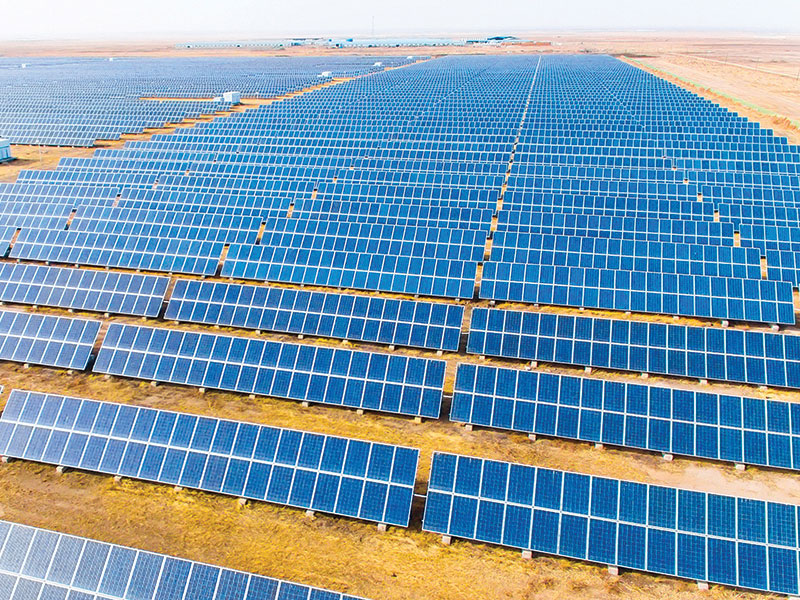
Financing Mongolia’s largest solar power plant
A new 30 MW solar facility will reduce Mongolia’s reliance on highly polluting, coal-fired combined heat and power plants. The EBRD led a US$ 31.6 million (€27.6 million equivalent) debt financing package to finance the plant’s construction and operation.
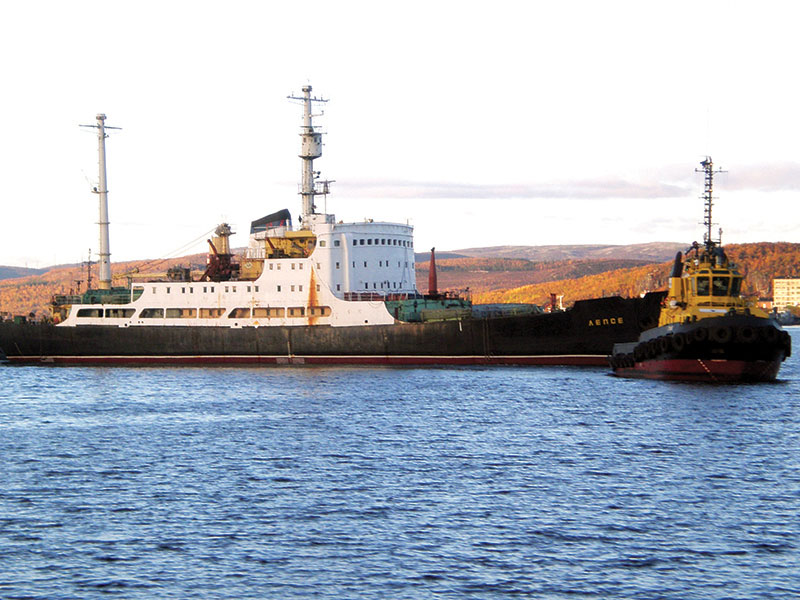
Nuclear safety milestone in northern Russia
The completion of a shelter for the defuelling of the former service ship Lepse is a major contribution to efforts to reduce the radiation risk posed by the Soviet-era nuclear-powered fleet. The EBRD manages the Nuclear Window Support Fund of the Northern Dimension Environmental Partnership, which financed the €23 million shelter at the Nerpa shipyard near Murmansk.
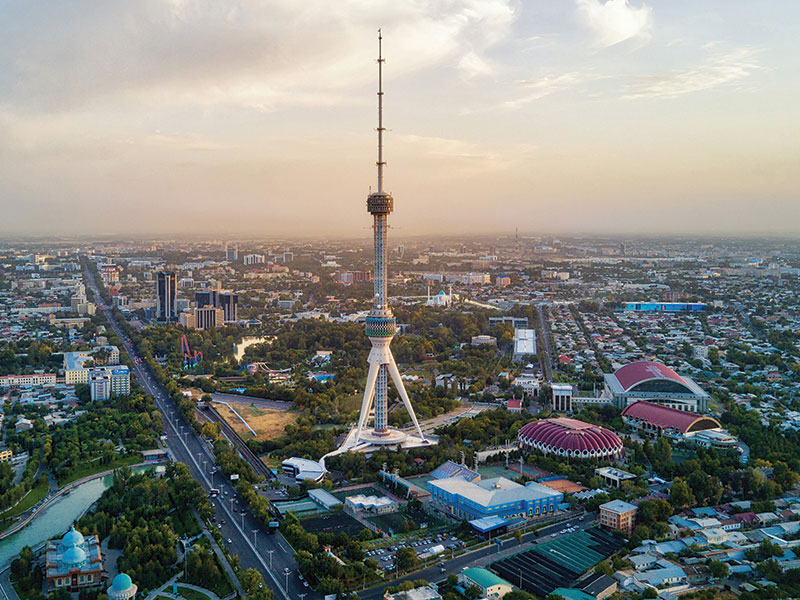
Improving essential services in Uzbekistan
The EBRD is investing €333 million in urgently needed improvements to water, heating and power services in Uzbekistan. The work will give nearly 900,000 people access to safe drinking water and reduce water shortages, thereby limiting the country’s vulnerability to the impacts of climate change. Upgrades to district heating infrastructure in the capital Tashkent and to a power transmission system in central Uzbekistan will help to cut energy losses and CO2 emissions.
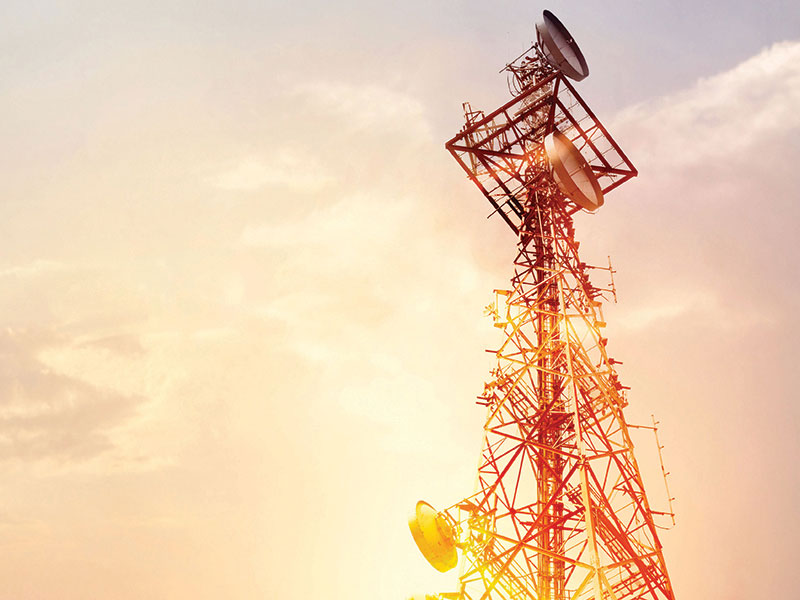
Green revolution for Greek telecommunications company
An investment in a bond issue by OTE Group will help to finance major energy efficiency improvements to the telecommunications operator’s real estate portfolio, reducing annual CO2 emissions by 23,000 tonnes. By supporting the issuance of a sizeable bond, the project also increases the post-crisis resilience of financial markets in Greece.
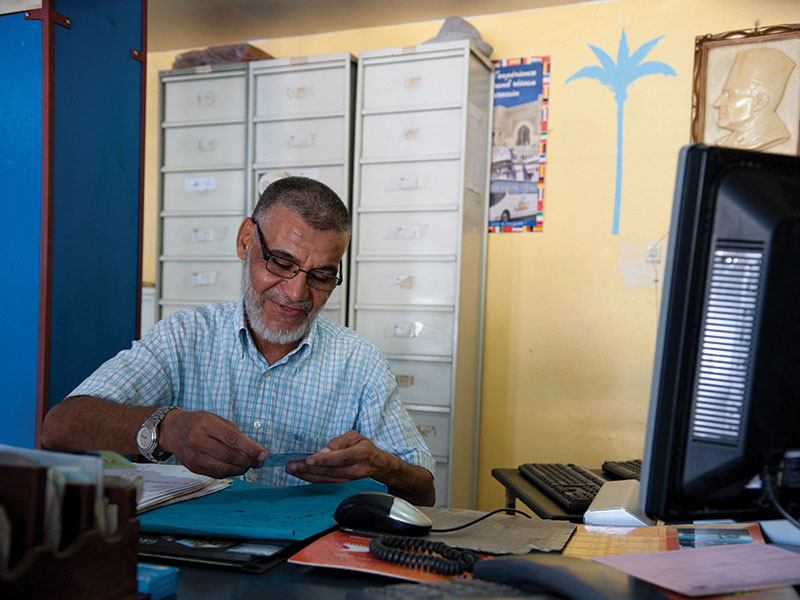
Egyptian tech firm attracts venture capital
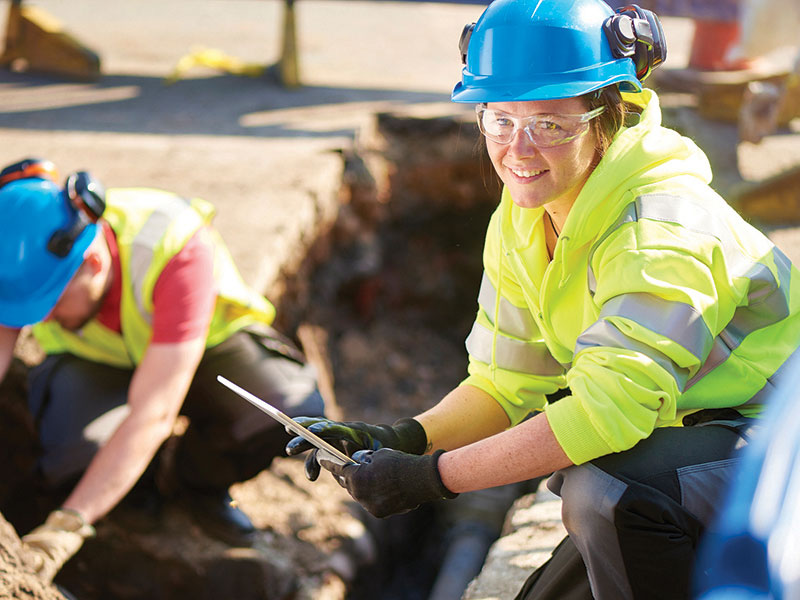
Romanian gas pipeline bolsters energy links
A loan of RON 278 million (€60 million equivalent) will support the construction of 478 km of gas pipeline in Romania. This will form part of the so-called BRUA gas corridor connecting Romania with Bulgaria, Hungary and Austria, which aims to make European gas markets more integrated and increase their energy security.
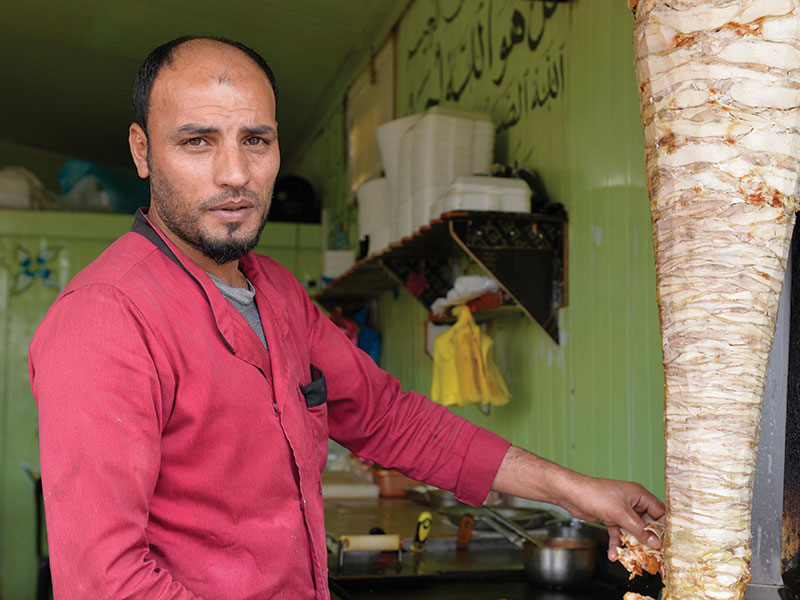
Helping Jordan cope with the refugee crisis
Since 2011, the amount of solid waste processed by the Jordanian capital Amman has increased by nearly 50 per cent, mostly due to the arrival of large numbers of Syrian refugees. In 2018 the EBRD invested €6.2 million in two projects aimed at improving solid waste services in Amman and donors provided €10.2 million of additional financing for these projects.
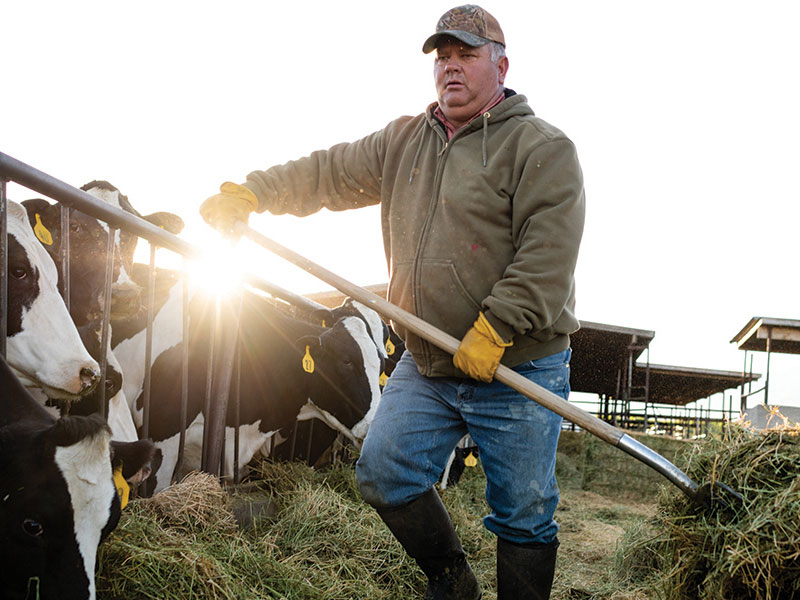
Building a smarter and kinder agribusiness industry
In 2018, donor-funded advisory projects assisted agribusiness clients in 16 countries. Examples included training for grain, dairy, meat and horticultural producers in the Caucasus, Central Asia and Ukraine on accessing new markets; improving the quality of olive oil produced in SEMED economies; and fostering the use of geographical indication labels in Turkey and the Western Balkans. Another important area of focus was raising animal welfare standards.

Serbian rail firm strengthens corporate governance
Srbija Voz, the national rail service operator for passengers, adopted a corporate governance action plan that EBRD legal experts helped to draft. The plan aims to improve the company’s transparency, for example by enhancing its internal control function, and should serve as a model for other state-owned enterprises in the Serbian railway sector.
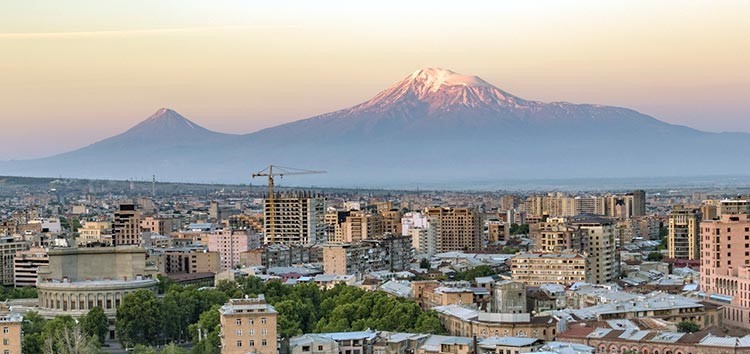
Loan supports green investments in Armenia
A US$ 12.5 million (€11 million equivalent) loan to Ameriabank for on-lending to SMEs and bigger companies will help to finance their investments in environmentally friendly technologies, such as thermal insulation, solar panels, geothermal heat pumps, energy efficient boilers and water-saving irrigation systems. The EBRD and the GCF co-financed the loan.
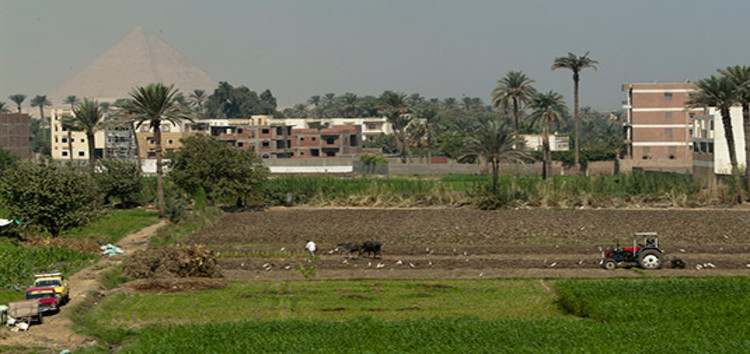
Egyptian fertiliser company invests in growth
Egypt’s largest private producer of granular urea, a solid nitrogen fertiliser, will use a US$ 60 million (€52.4 million equivalent) loan to improve its financial performance and competitiveness. The Egyptian Fertilizers Company, an important hard currency earner for the country, will also create job opportunities for young Egyptians.

